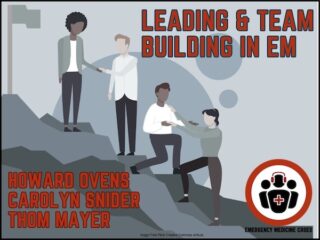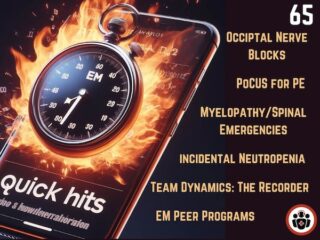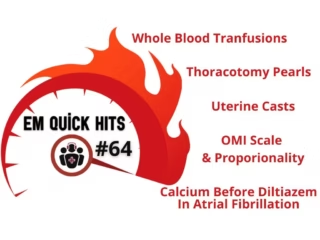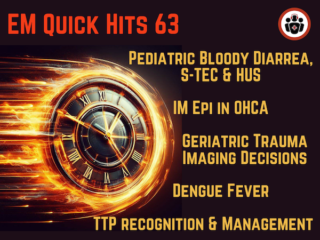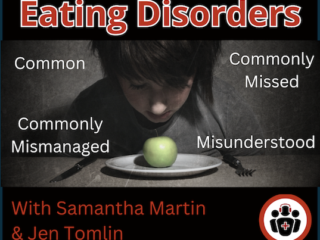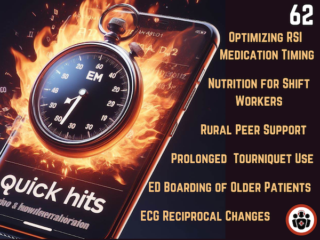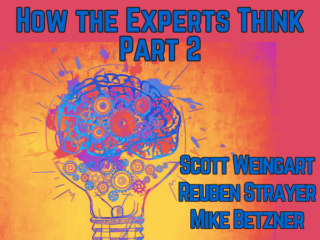Ep 205 Leading from the Inside Out: Building Teams, Trust and Purpose in Emergency Medicine
In this podcast, with Dr. Thom Mayer, Dr. Carolyn Snider and Dr. Howard Ovens, on leading from the inside out, we cover foundational principles, practical habits, and transformative insights that can make any member of an ED team a more effective, compassionate, and adaptive leader. Here, you’ll find tools, philosophy, and stories that just might transform how you think about your role in the ED to make your work more satisfying, make your teams work together better and improve patient outcomes... Please consider a donation to EM Cases to help ensure we continue to provide high quality Free Open Access medical education into the future https://stg-emergencymedicinecases-emcstaging.kinsta.cloud/donation/

